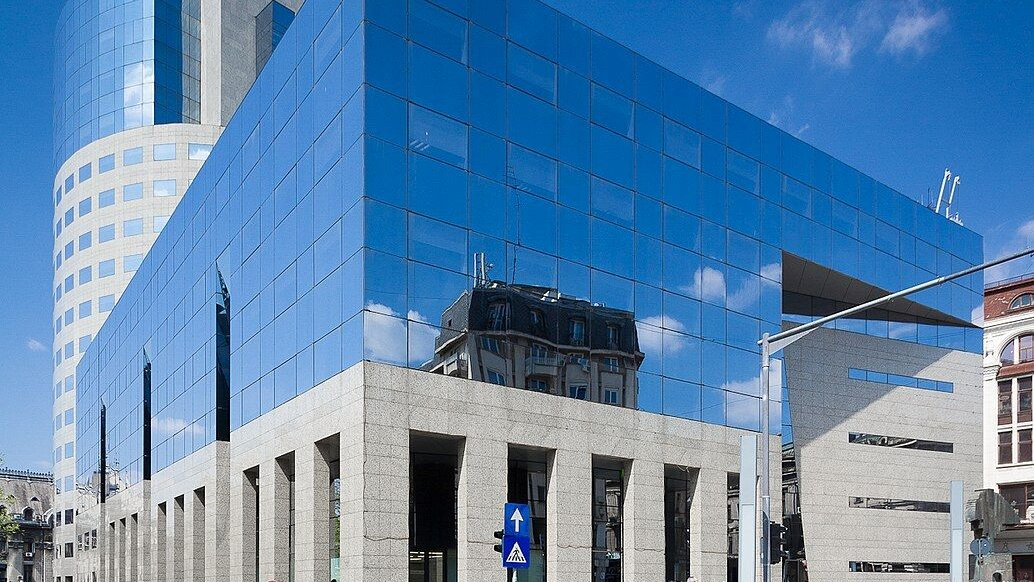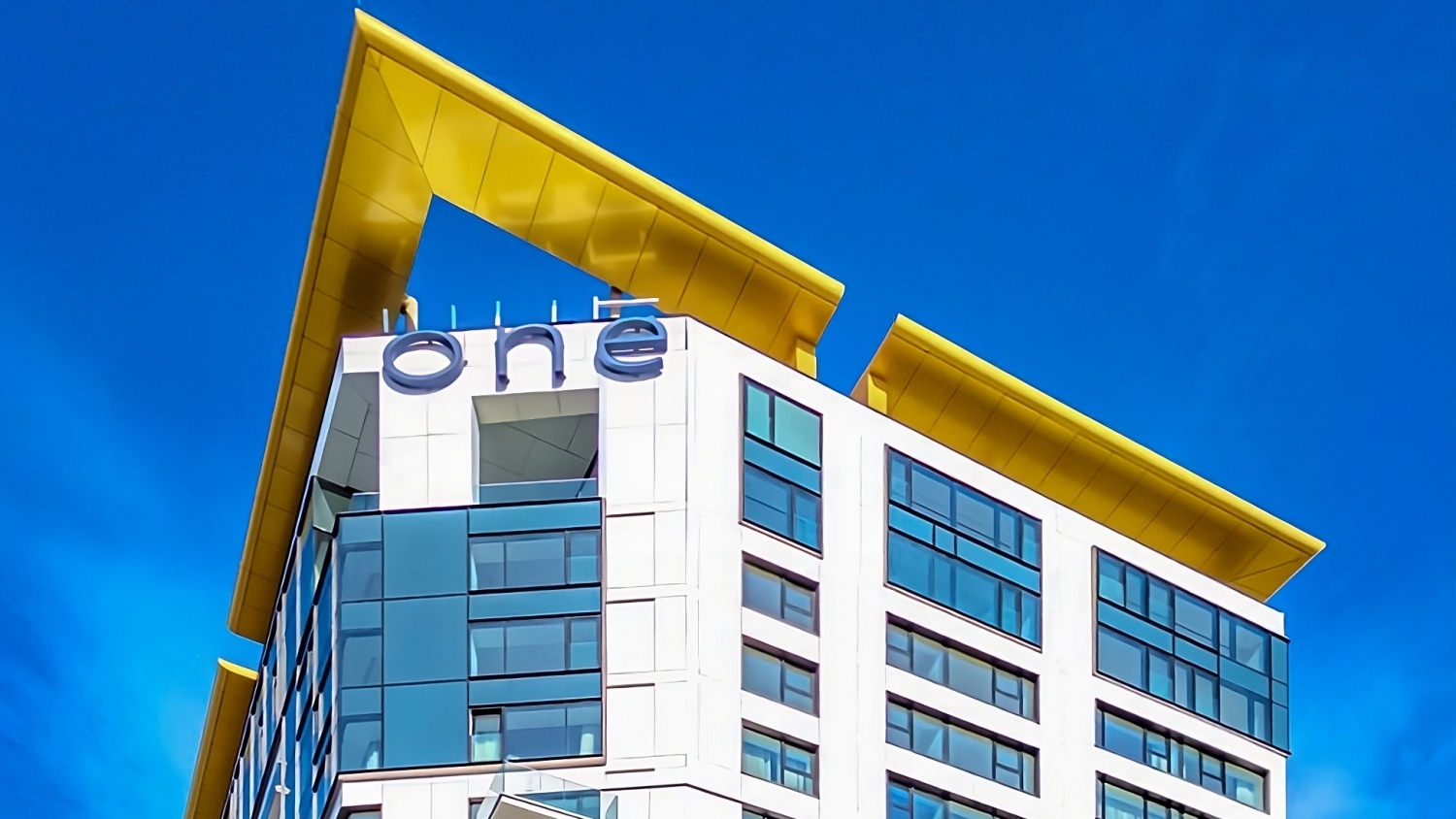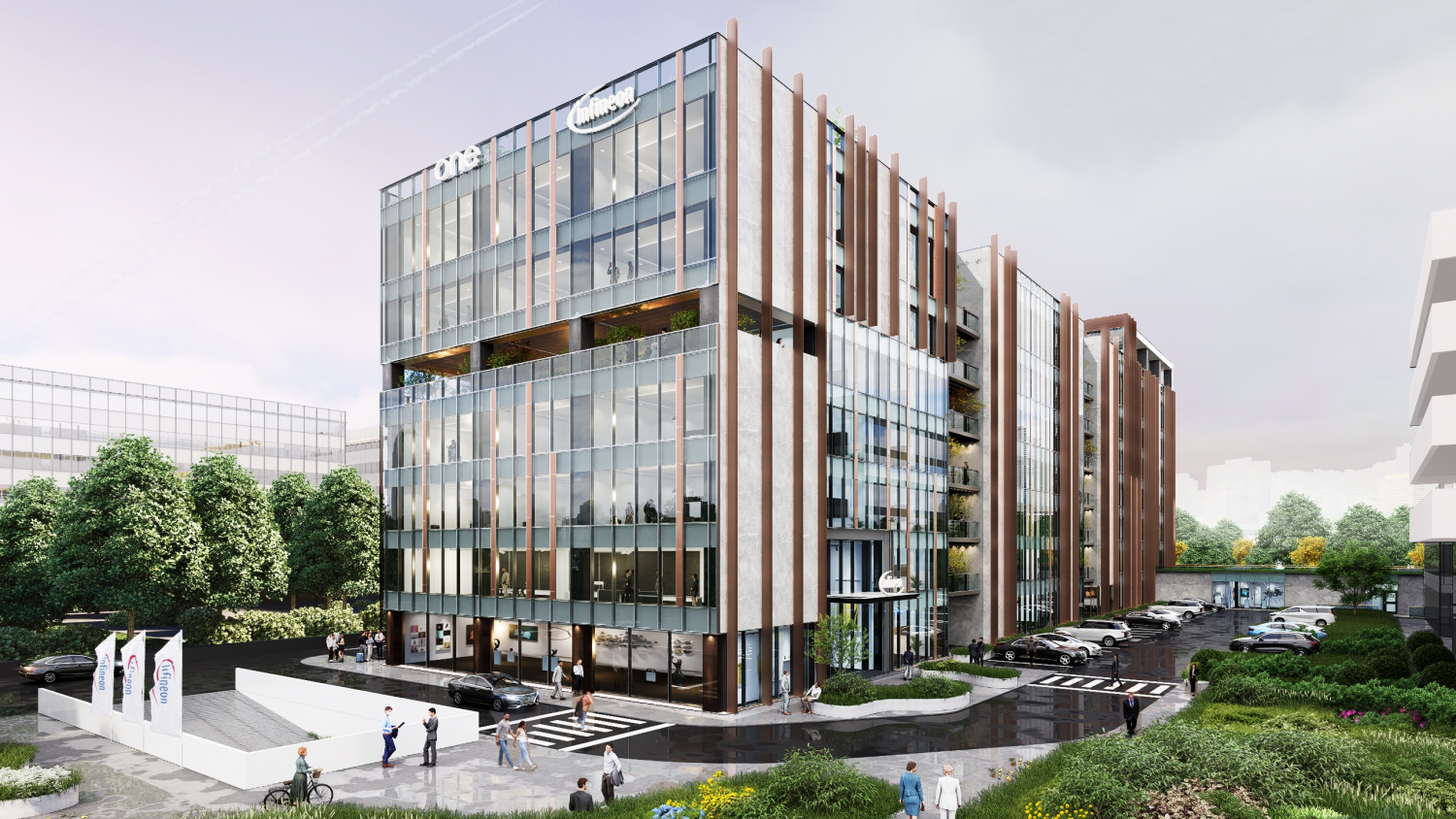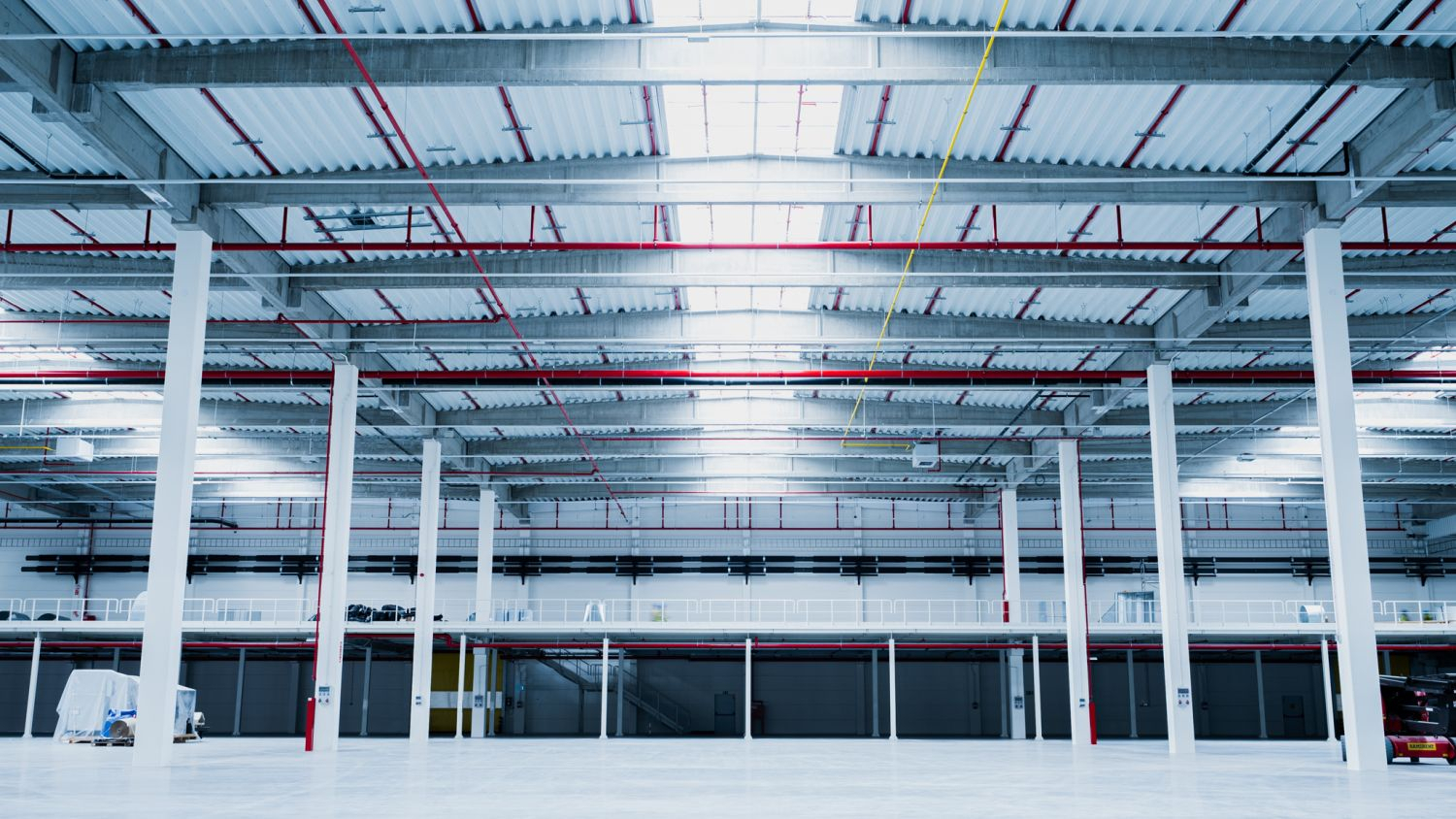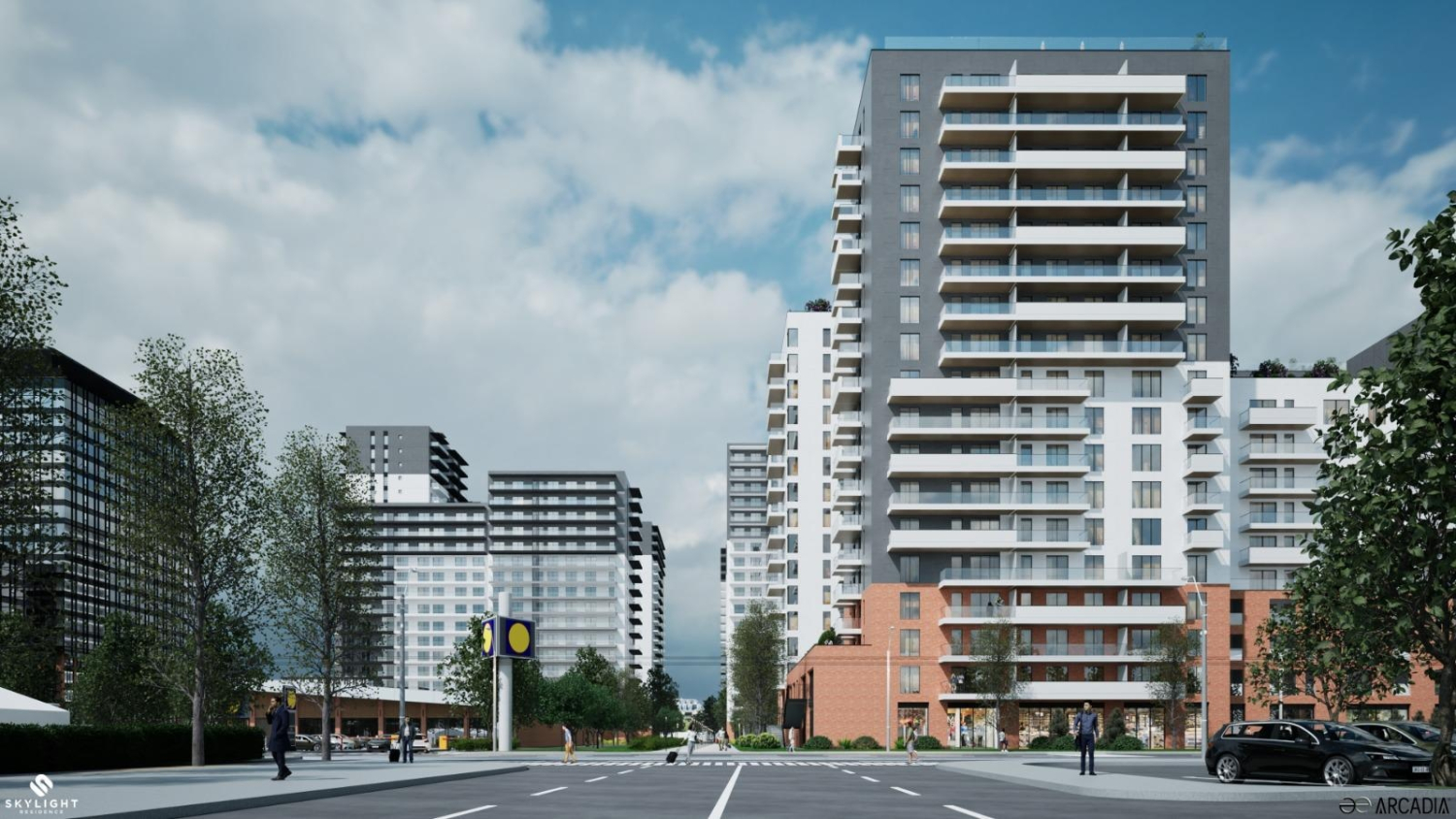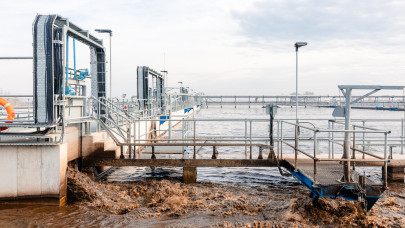Well-being extends beyond mental and physical health, as psychologists point out. According to the Wellness Wheel framework, well-being encompasses seven interconnected dimensions: physical, spiritual, intellectual, environmental, financial/occupational, social, and emotional. This tool empowers individuals to enhance their overall well-being by addressing these diverse areas.
While physical health is often highlighted through media that promote exercise, healthy eating, and proactive healthcare, the Wellness Wheel emphasizes other aspects of a balanced lifestyle. These include defining personal values and beliefs, finding life's meaning, engaging in stimulating mental activities, caring for the environment, achieving financial stability, building a social network, and managing emotional well-being.
For employers, fostering holistic wellness is crucial for creating a thriving community and achieving organizational success. Promoting frameworks like the Wellness Wheel helps companies demonstrate their commitment to supporting employees' physical, mental, and emotional health, ultimately enhancing satisfaction and productivity.
Employers can support this by providing resources and programs tailored to various dimensions of well-being, promoting work-life balance, and encouraging open communication. Additionally, an office space that offers opportunities for physical activity, social interaction, environmental care, stimulating events, healthy food, and natural surroundings can significantly contribute to employee well-being.
YUNITY Park business campus exemplifies this commitment. Featuring a 1,000-square-meter urban forest, a 1,500-capacity outdoor amphitheatre, 2,000 meters of pedestrian walkways, a tiered promenade, stepped water mirrors, and creative spaces for relaxation and events, the campus creates an ideal environment for social engagement, fitness, community participation, and nature interaction.
Moreover, developed by Genesis Property and founded by Romanian entrepreneur Liviu Tudor, YUNITY Park underscores its dedication to sustainability with 1,080 photovoltaic panels installed on approximately 4,000 square meters of building roofs. This commitment to sustainable practices, along with its comprehensive approach to well-being, makes YUNITY Park a top choice for employers who prioritize their employees' holistic health and satisfaction.


